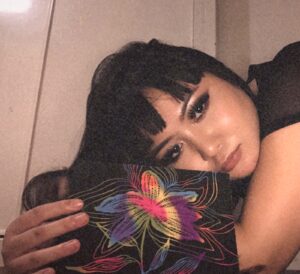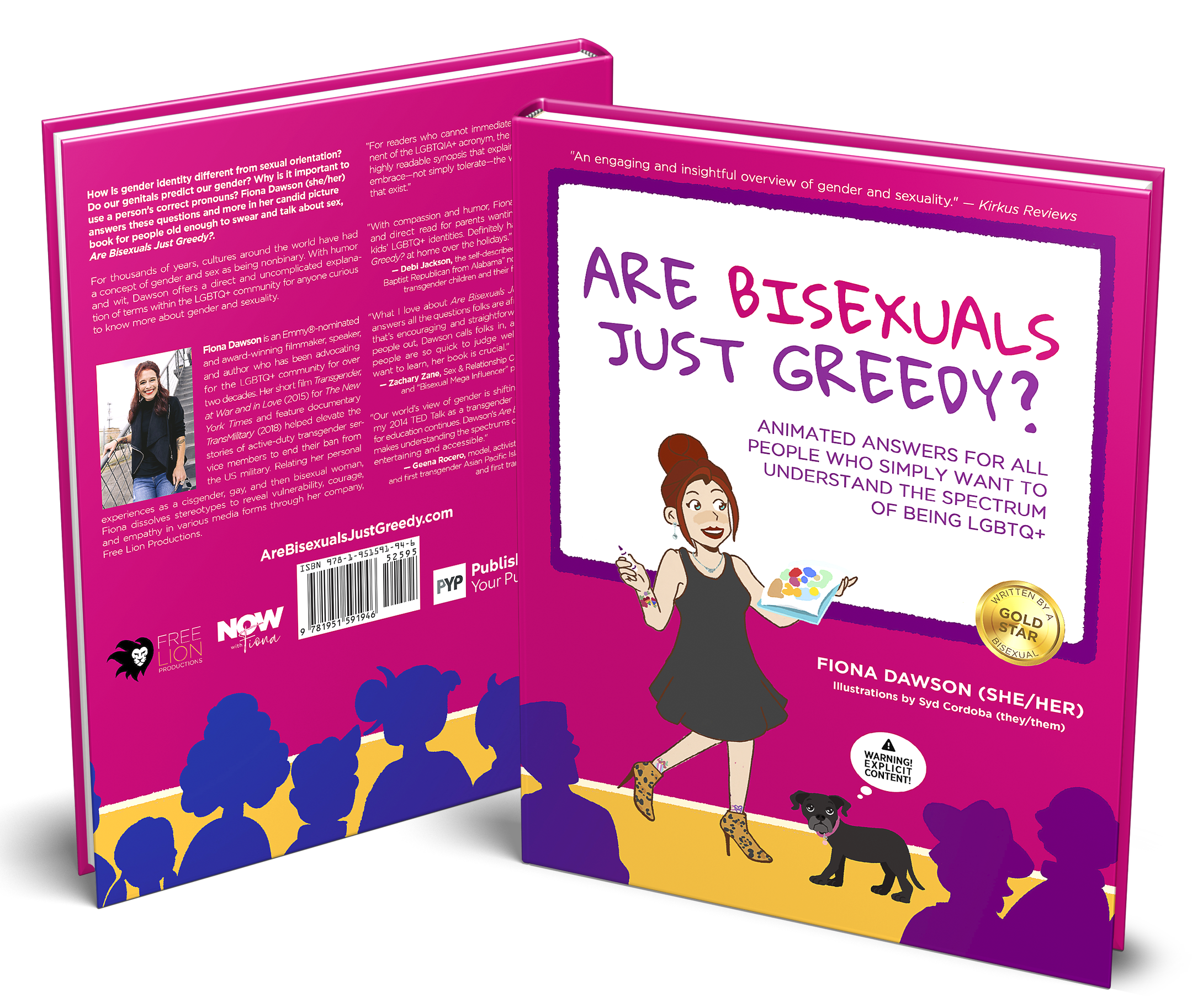By Mikey Vibal
For any allies, Are Bisexuals Just Greedy? is the foundation for a great first dive into queer learning and education. As a bisexual queer person of color, I went into this resource thinking of all the allies in my life and the ways I can be an ally to others as well. This book focuses on common questions queer people face in daily life, at schools, in podcast debates, and in newsrooms. What stood out to me the most is that it addresses how homophobia and transphobia stem to a large degree from colonization and racism.
If you are looking for a book that is comfortable talking about race, and the effects of colonization on indigenous peoples and their identity, this is a great place to start. This book provides blunt and insightful answers to daunting questions, valuable answers which may be uncomfortable to hear. The slight discomfort someone may feel from reading is nothing compared to the homophobia and transphobia that queer people and their families experience. Be prepared to be uncomfortable, but if you are a person of color reading this, I hope you feel the level of solidarity that I did. I am someone that comes from a culture that has indigenous people who identified with queerness prior to colonization. It is unfortunately rare that this is addressed, but I am happy to see this considered as basic allyship knowledge.
I am also a child of immigrants, and I feel that Dawson absolutely captured my attention with her beautiful relationship with her father, who is simply trying his best to understand, but to also care for her actively and support the queer community. Dawson poses as the primary educator for her father, a role many children of immigrants take on when supporting their parents in a country and culture that is new to them, just as this information on queer identities is new to her father. Her inclusion of him and his perspectives is simply beautiful. He becomes a reoccurring character that other allies can relate to as the book progresses and the questions increase in difficulty. He as an ally is included in our world of queer people. Though her father does not identify as queer, he is still someone who loves somebody in the queer community. A lot of the questions he asks are typical of those that someone who is not a part of the LGBTQ2S+ community may have.
As someone who is a transitional-aged youth (the age between 18 and 26 when you can be considered both a youth and an adult), I feel there is another target audience: elders in the queer community who have not addressed or heard of things such as colonization or transgender/gender nonconforming identities, and who may have grown up in a time when talking about sexual and bodily autonomy experiences was more deeply frowned upon or not accessible in public education. I am very blessed to open up social media to find all my favorite queer creators and educators. I am blessed to have access to queer publications through a simple Google search. This is the book I want to give to people looking to access education and an actively loving community. Once many of these issues are addressed, much of our societal challenges will be reduced or even come to an end, such as police brutality, homelessness, and human trafficking. This book is a doorway toward understanding how homophobia and transphobia are connected to and rooted so deeply in the above social issues. If you are reading this and are confused how or why, take that as a sign to hear Fiona Dawson out. May this be a challenge to your initial thoughts and may they expand towards decolonization and solidarity. Do not fear challenges. Much like Fiona and her father, the queer community is rooting for allies everywhere.
Mikey Vibal is a queer bisexual artist and writer residing in Los Angeles, California. She works toward decolonized narratives through her written and illustrated works that uplift her sexual, gender, and cultural identity.


